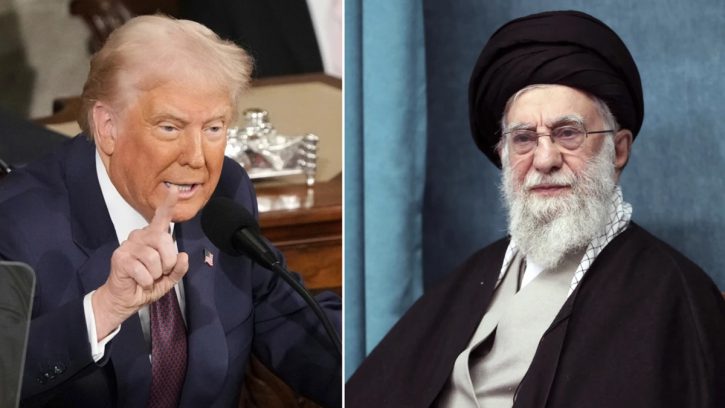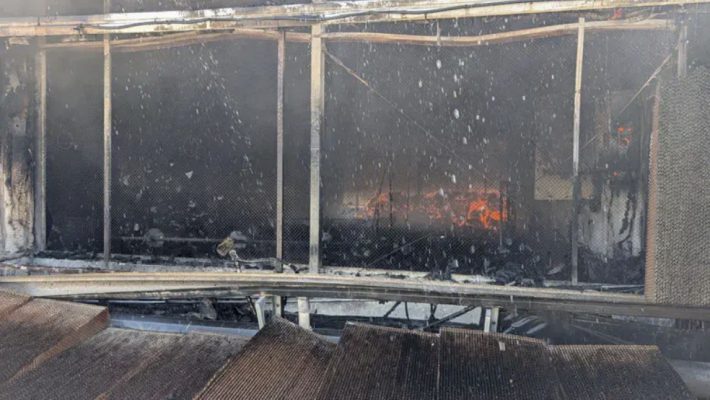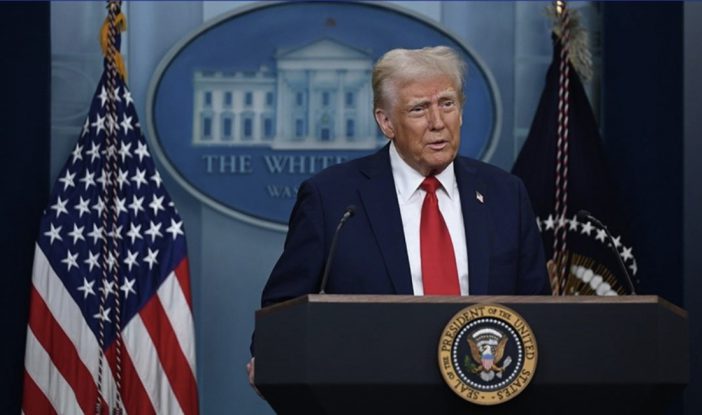Iran signals readiness to accept partial limits on its nuclear program but insists on firm guarantees that Washington won’t abandon any future agreement.
Iran has conveyed its willingness to accept certain restrictions on its uranium enrichment efforts, provided the United States offers firm guarantees against any future withdrawal from a nuclear accord, a senior Iranian official said Friday, according to Reuters.
The comments come ahead of a second round of indirect negotiations between Tehran and Washington, scheduled to take place Saturday in Rome. The upcoming talks follow a round of discussions held last week in Oman, which both parties described as constructive.
US President Donald Trump, during his first term in office, unilaterally withdrew from the 2015 nuclear agreement—formally known as the Joint Comprehensive Plan of Action (JCPOA). He also reinstated stringent sanctions that had been lifted under the deal. Since then, Iran has steadily expanded its nuclear program beyond the parameters set by the pact.
Despite diplomatic efforts by Trump to revive the agreement in his second term, Tehran has remained cautious, citing the lack of assurance that a future US president would uphold the deal. A senior Iranian official, speaking to Reuters on condition of anonymity, stated that Iran’s negotiating stance is firmly anchored in directives from Supreme Leader Ayatollah Ali Khamenei. These so-called red lines include an outright refusal to dismantle centrifuges, cease enrichment altogether, or lower uranium stockpiles below the thresholds permitted by the now-defunct 2015 agreement.
Furthermore, Iran has made clear that its missile development program is non-negotiable and falls outside the scope of any nuclear accord.
“Iran understood in indirect talks in Oman that Washington doesn’t want Iran to stop all nuclear activities, and this can be a common ground for Iran and the US to start a fair negotiation,” the official said.
In a statement on Friday, Iranian officials said an agreement remains possible if the United States shows “seriousness of intent and does not make unrealistic demands.”
US negotiator Steve Witkoff emphasized Washington’s position earlier this week in a social media post, insisting that Iran must “stop and eliminate its nuclear enrichment” as a condition for reaching an agreement.
Despite these stark differences, Iran has expressed willingness to cooperate with the International Atomic Energy Agency (IAEA), which it views as the only legitimate authority to verify the peaceful nature of its nuclear activities.
IAEA chief Rafael Grossi said on Thursday that negotiations between the United States and Iran regarding Tehran’s nuclear capabilities have reached a decisive juncture.




